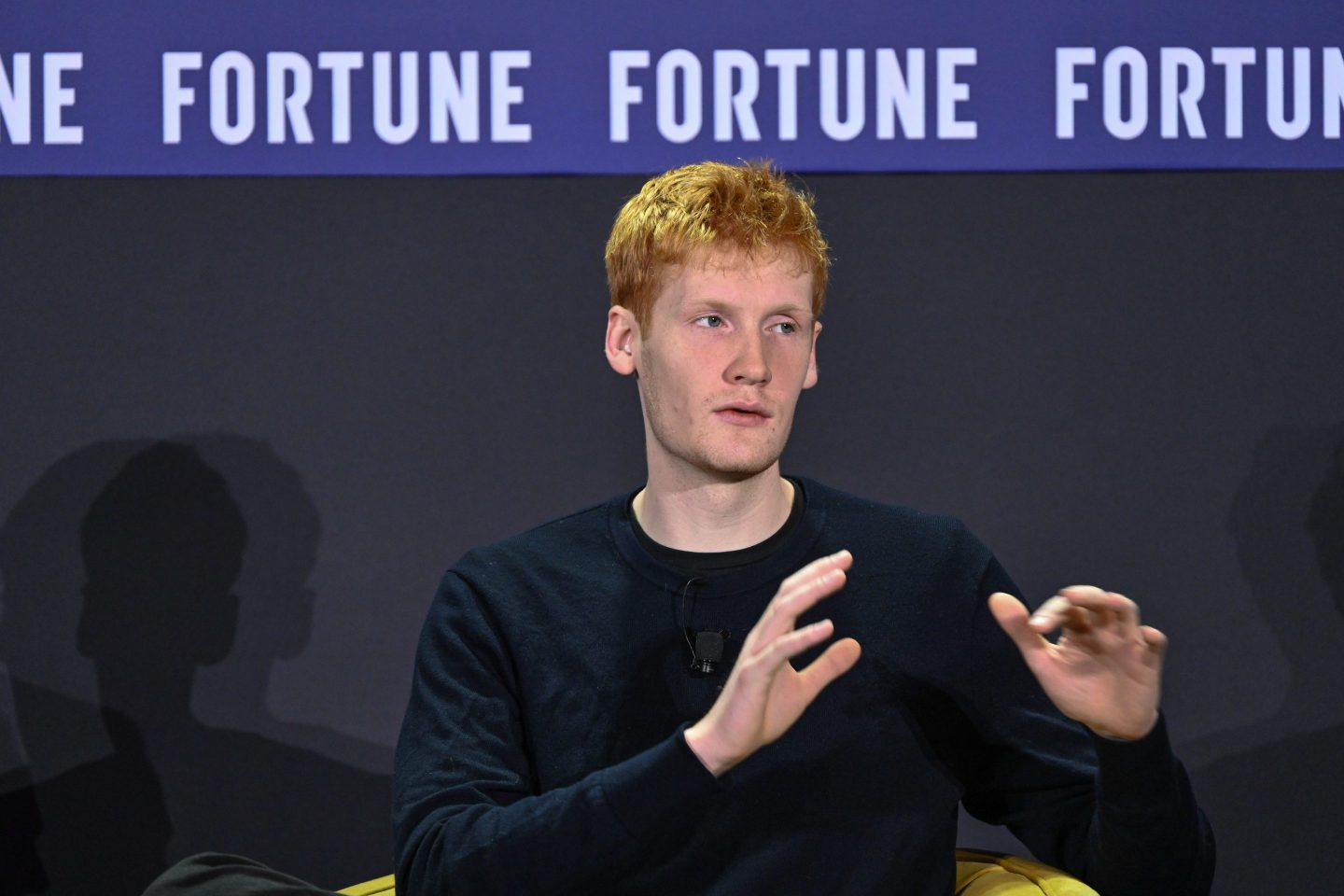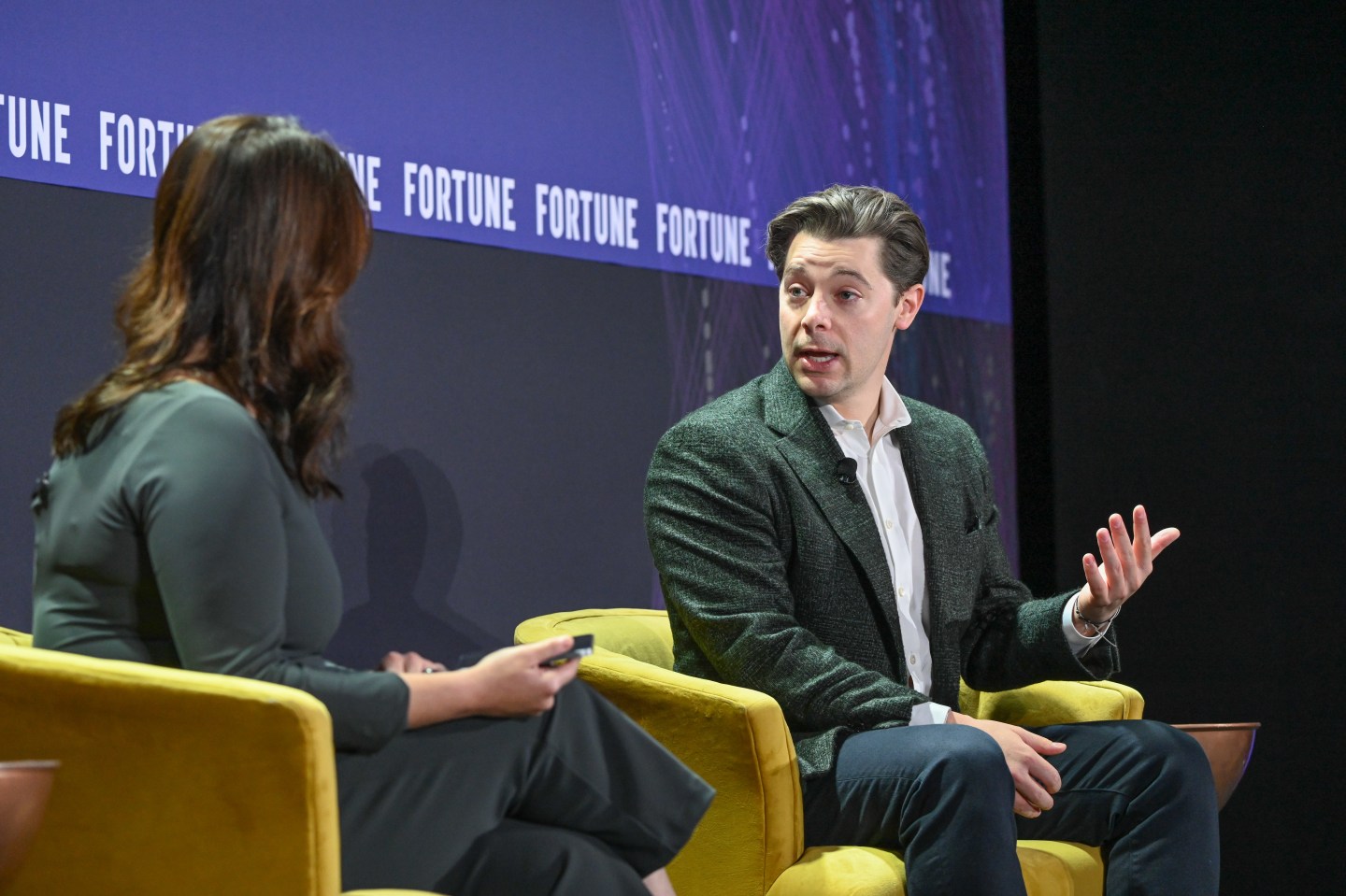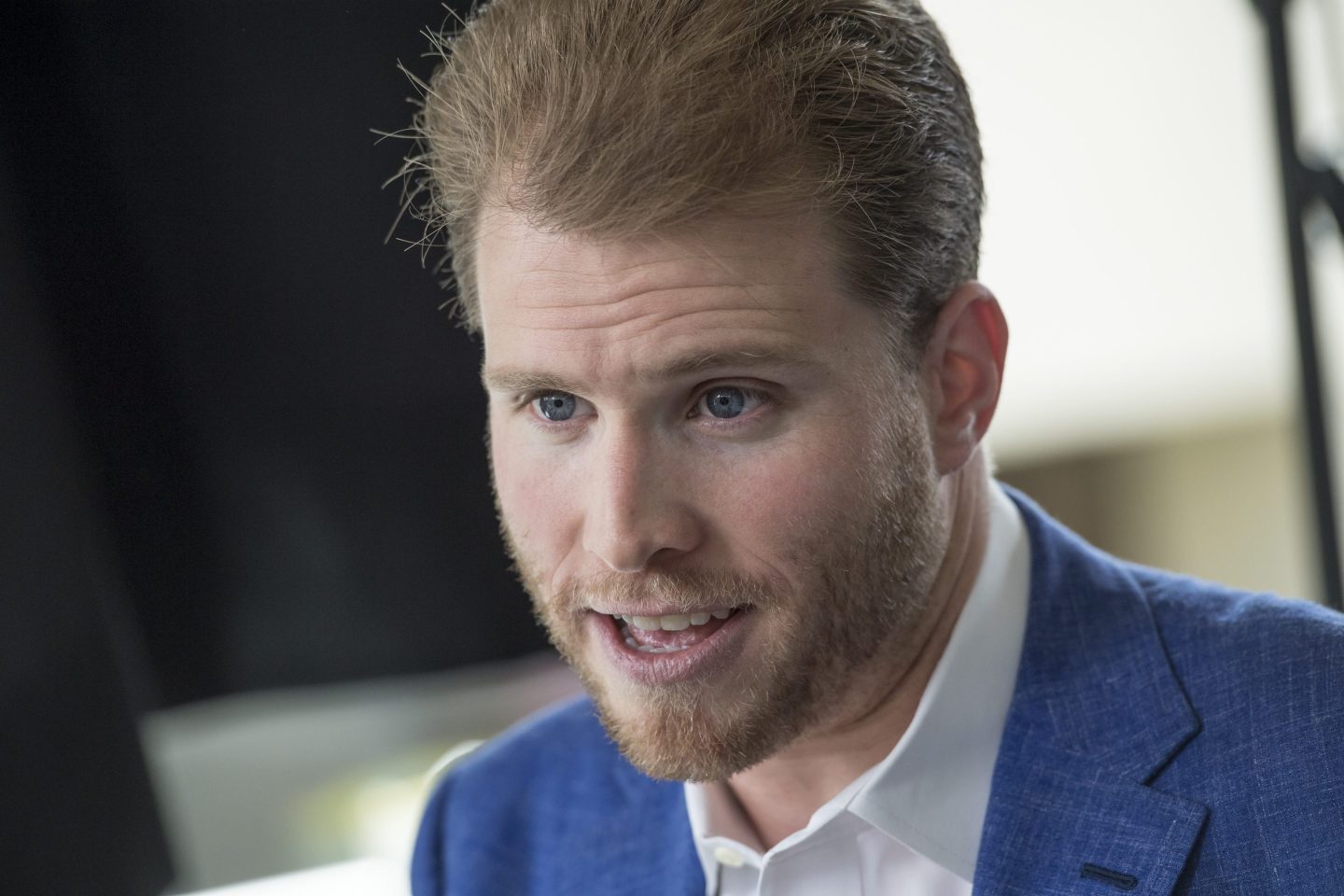Good morning!
Executives plan to go all in when it comes to leveraging the power of gen AI this year. An overwhelming number of leaders (86%) plan to increase the level of investment in the technology throughout the year ahead, according to professionals service company Accenture’s latest Pulse of Changereport, which surveyed 3,450 C-suite and 3,000 non-C-suite employees. While only 36% of C-suite leaders report using some sort of AI application at scale across their organization, that number is expected to rise to 59% in 2025.
That said, there are still plenty of barriers to adoption, including getting employees to use the technology, and in the right ways. Doing that means training employees on how to use these new tools, and there appears to be a misalignment between what C-suite leaders think is enough and what employees insist they still need to learn.
The study found that while over 90% of C-suite leaders believe people in their organization have received the training needed to use gen AI correctly, only 70% of employees agree with this sentiment. Additionally, only 8% percent of leaders say employees have little to no foundational training required to use this technology, compared to 25% of employees.
This gap could be due to the fact that most company spending related to gen AI is focused on incorporating new, or better technology, as opposed to helping employees understand it. In fact the study points out that organizations typically spend three times more of their AI budget on technology than on people, which “contributes to the drop in preparedness and presents an impediment to scaling gen AI for its full promise.”
“It’s not surprising that people are not aligned with the level of readiness their leaders perceive,” says Angela Beatty, chief leadership and human resources officer at Accenture. “Improving skills with the new investments needs to happen hand in hand.”
Employees who currently don’t use AI but are looking to say the biggest barriers to entry include a lack of training resources (25%) and not understanding how these tools can be integrated into daily work (22%). Also, more than half of employees feel that more comprehensive training (55%) and clear guidelines on responsible usage (54%) would enhance comfort levels in using gen AI tools. That means while bringing on new technology is certainly a way to future-proof a business, it’s not helpful unless employers understand the best ways to use it, notes Beatty.
“While technology anchors any transformation, it’s the alignment of people, process, and technology that drives reinvention. Companies who lead on this adapt fast—and train their people fast—that’s literally how they stay competitive.”
Brit Morse
brit.morse@fortune.com
Around the Table
A round-up of the most important HR headlines.
The new Department of Government Efficiency (DOGE) is reviewing a conservative legal plan to eliminate federal diversity programs, arguing that the initiatives are unconstitutional and a misuse of funds. Washington Post
TikTok sent a message to its staff earlier this week acknowledging the uncertainty around the Supreme Court ban, telling employees their jobs are secure. New York Times
To get a wider scope of how big tech companies are handling recent DEI cuts, here’s a list of companies that have made changes to their programs lately and what that means for the future of work.Fast Company
Watercooler
Everything you need to know from Fortune.
Lavish, expensive renovations. In order to draw people back to work, Citigroup spent £1 billion overhauling its 42-story building in London which includes outdoor winter gardens and mini villages. —Ryan Hogg
Becoming obsolete. Nearly half of employers say they plan to reduce headcount over the next five years due to the advancements in AI technology. These are the roles that will be most affected. —Orianna Rosa Royle
Asking the professional. Leading organizational psychology expert Adam Grant is taking on a new position at workplace platform Glassdoor and shares his key predictions for 2025. —Sara Braun













